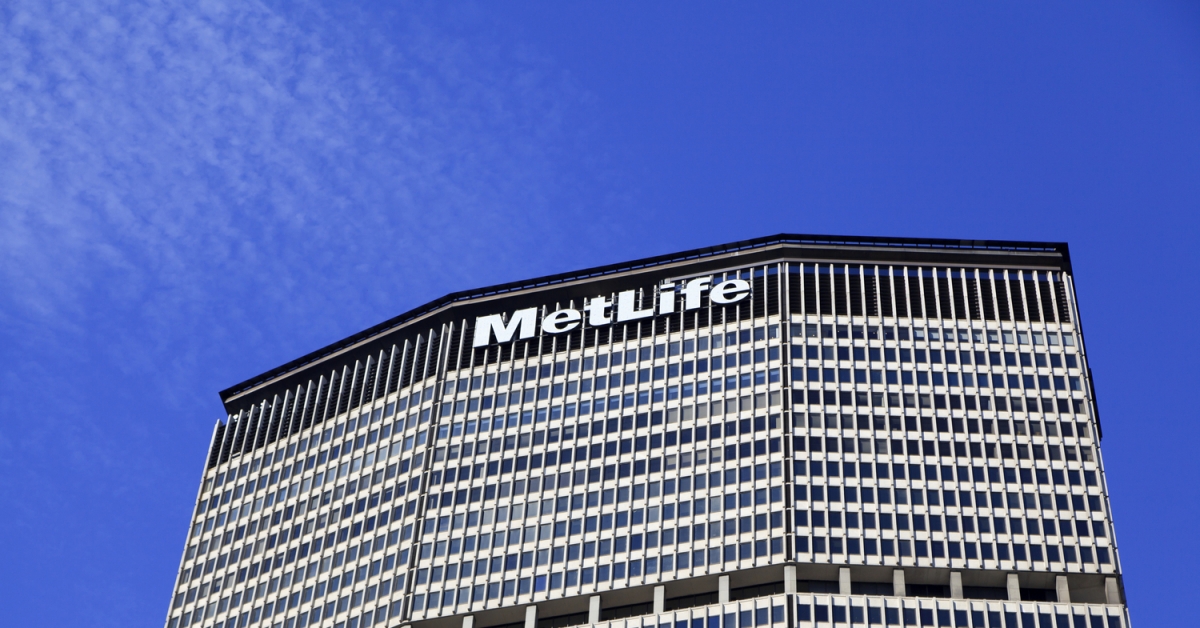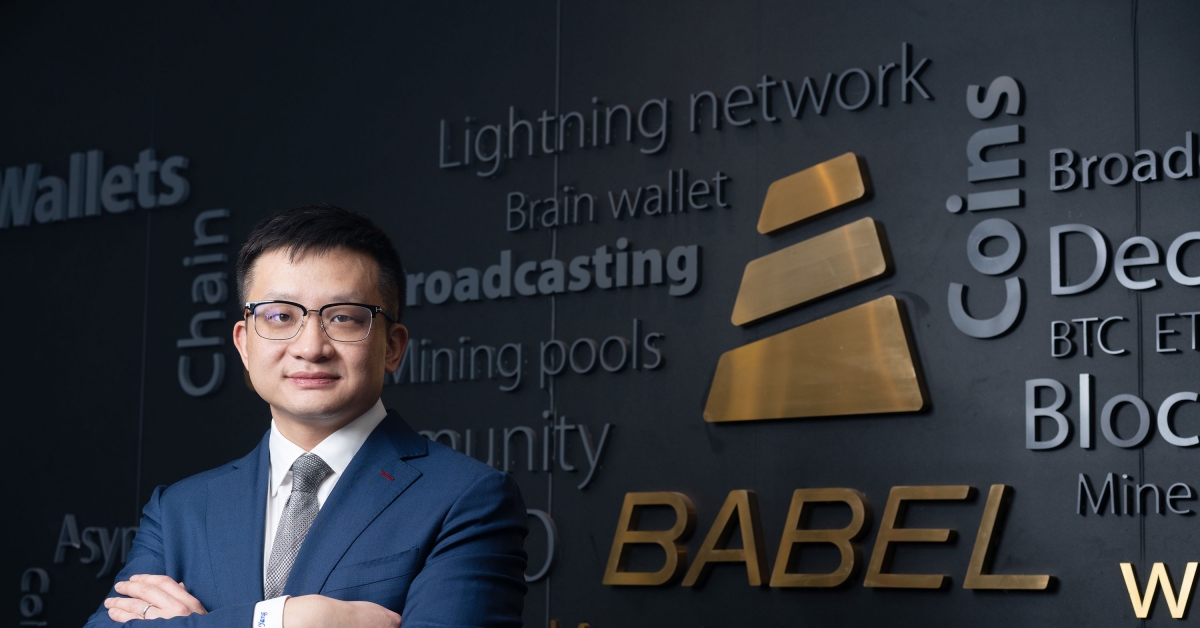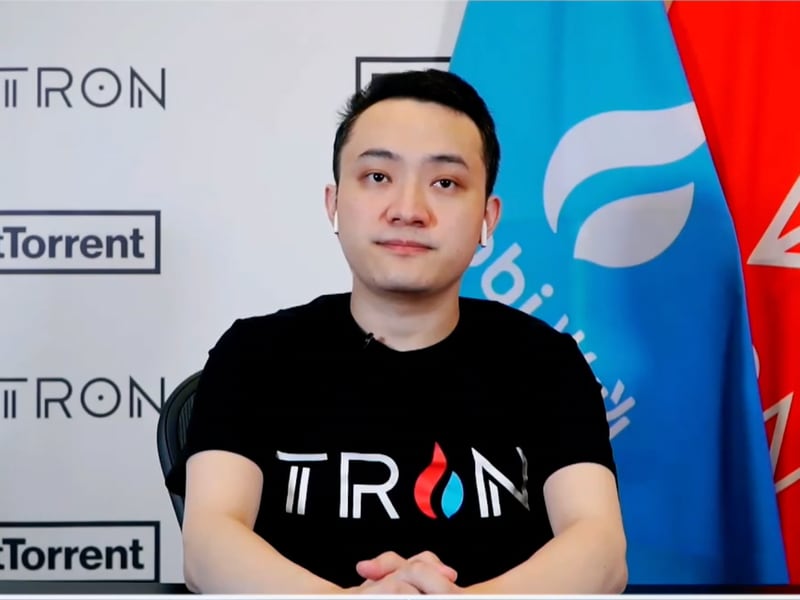Canto Blockchain Set for Vote on Reduction in Liquidity Incentives, Block Rewards
:format(jpg)/s3.amazonaws.com/arc-authors/coindesk/3511dac7-07ba-4423-9003-82143ec00eab.png)
Sage D. Young is a tech protocol reporter at CoinDesk. He owns a few NFTs, gold and silver, as well as BTC, ETH, LINK, AAVE, ARB, PEOPLE, DOGE, OS, and HTR.
Community members of Canto, the Cosmos-based layer 1 blockchain, are set to vote on three proposals Thursday that would reduce liquidity mining incentives as well as the issuance rate of block rewards.
The changes theoretically should benefit holders of the CANTO tokens, since the proposed changes would result in a lower inflation rate of the overall supply.
If passed, the mining incentives for each liquidity pool on Canto such as ETH/CANTO and ATOM/CANTO will be reduced on average by roughly 38%, according to a blog post. The governance proposals would also reduce Canto’s inflation rate, or the number of CANTO tokens emitted per block to 4.76 CANTO, representing a 15% decrease.
Canto community members passed a vote in February to reduce security emissions and liquidity mining incentives. At that point, contributors wrote that the project had already succeeded in attracting “deep liquidity in the Canto DEX and Canto Lending Market,” and they were now “looking to optimize the long-term sustainability of Canto’s incentives program.”
The recent governance proposals, set to go live on May 11, represent another step to slow down block rewards or “security emissions” as well as liquidity mining rewards across the board.
“In order to maintain the security of the Canto network, the total max supply of $CANTO inflates over time at a rate that is constantly decreasing,” according to Canto docs.
Security emissions are block rewards given to stakers for securing the network, while liquidity mining incentives are awarded to users who provide liquidity for various crypto pools on Canto.
The native token for the Canto blockchain used to pay gas fees – CANTO – has decreased 2.6% in the past 24 hours to 22 cents at press time, per CoinGecko.
DISCLOSURE
Please note that our
privacy policy,
terms of use,
cookies,
and
do not sell my personal information
has been updated
.
The leader in news and information on cryptocurrency, digital assets and the future of money, CoinDesk is a media outlet that strives for the highest journalistic standards and abides by a
strict set of editorial policies.
CoinDesk is an independent operating subsidiary of
Digital Currency Group,
which invests in
cryptocurrencies
and blockchain
startups.
As part of their compensation, certain CoinDesk employees, including editorial employees, may receive exposure to DCG equity in the form of
stock appreciation rights,
which vest over a multi-year period. CoinDesk journalists are not allowed to purchase stock outright in DCG
.
:format(jpg)/s3.amazonaws.com/arc-authors/coindesk/3511dac7-07ba-4423-9003-82143ec00eab.png)
Sage D. Young is a tech protocol reporter at CoinDesk. He owns a few NFTs, gold and silver, as well as BTC, ETH, LINK, AAVE, ARB, PEOPLE, DOGE, OS, and HTR.
Learn more about Consensus 2024, CoinDesk’s longest-running and most influential event that brings together all sides of crypto, blockchain and Web3. Head to consensus.coindesk.com to register and buy your pass now.
:format(jpg)/s3.amazonaws.com/arc-authors/coindesk/3511dac7-07ba-4423-9003-82143ec00eab.png)
Sage D. Young is a tech protocol reporter at CoinDesk. He owns a few NFTs, gold and silver, as well as BTC, ETH, LINK, AAVE, ARB, PEOPLE, DOGE, OS, and HTR.









